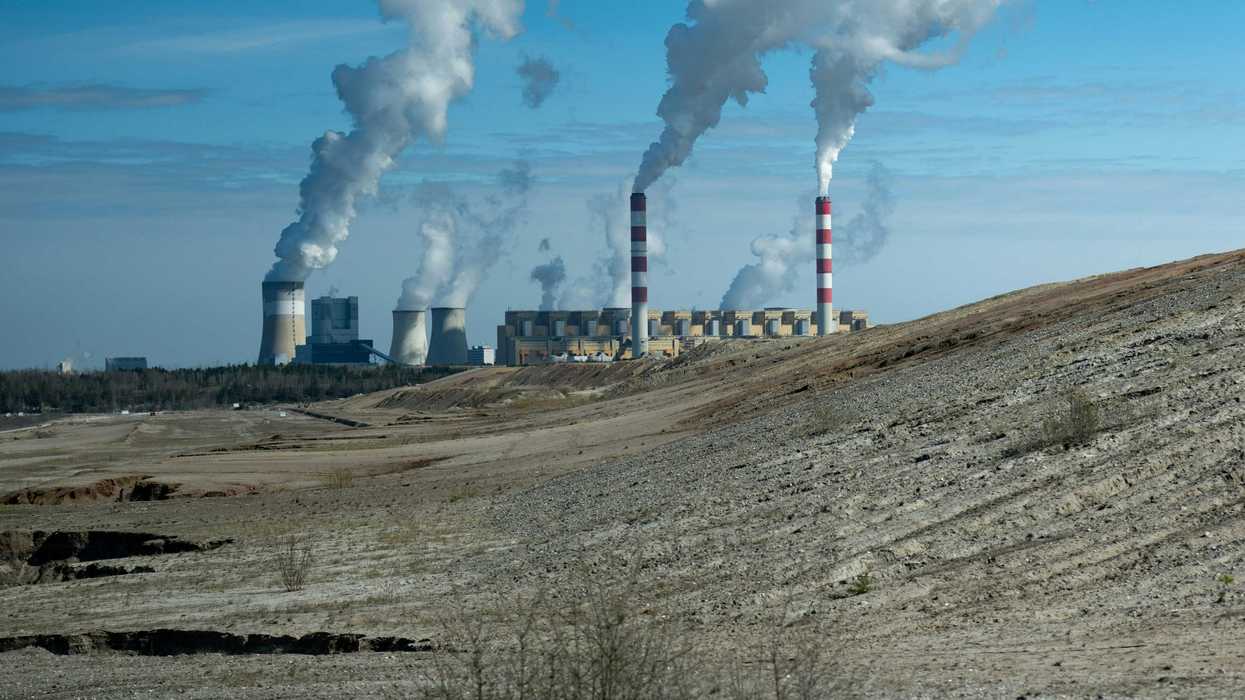The Flint water crisis, a decade-long tale of governmental failure and environmental injustice, continues to leave residents questioning the safety of their water and struggling to recover from its lingering effects.
Anna Clark and Sarahbeth Maney report for ProPublica.
In short:
- Flint, Michigan's, water supply became hazardous in 2014 after a catastrophic change in water sources, causing widespread exposure to lead and other toxics.
- Despite efforts to restore the water system and provide compensation, many residents remain skeptical and struggle with ongoing health and psychological issues.
- Accountability for the crisis has been elusive, with high-profile criminal charges and lawsuits stalling in court.
Key quote:
"When are we, the citizens, going to be thought about? When are our children who were affected by the water and who are having learning difficulties in school going to receive what they need?”
— Jacquinne Reynolds, executive director of a local literacy organization
Why this matters:
The Flint water crisis highlights environmental injustice and its profound impact on vulnerable communities. Read more: US lead pipe replacements stoke concerns about plastic and environmental injustice.














